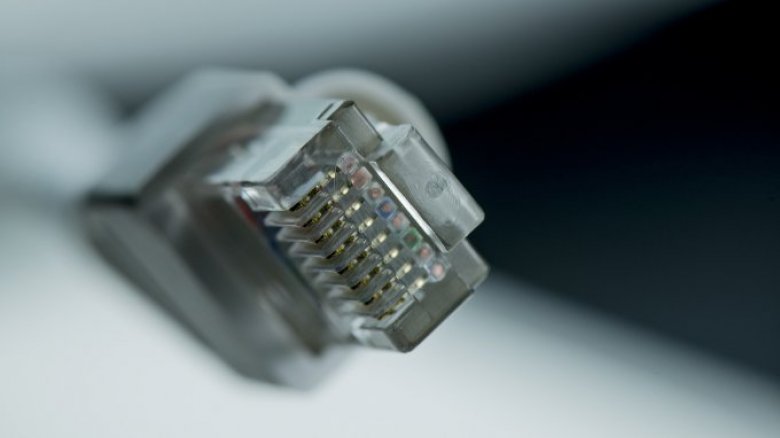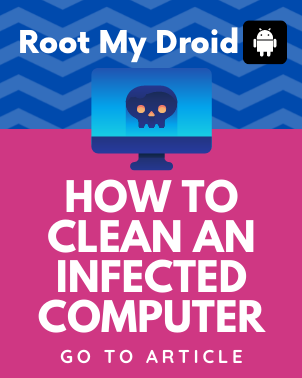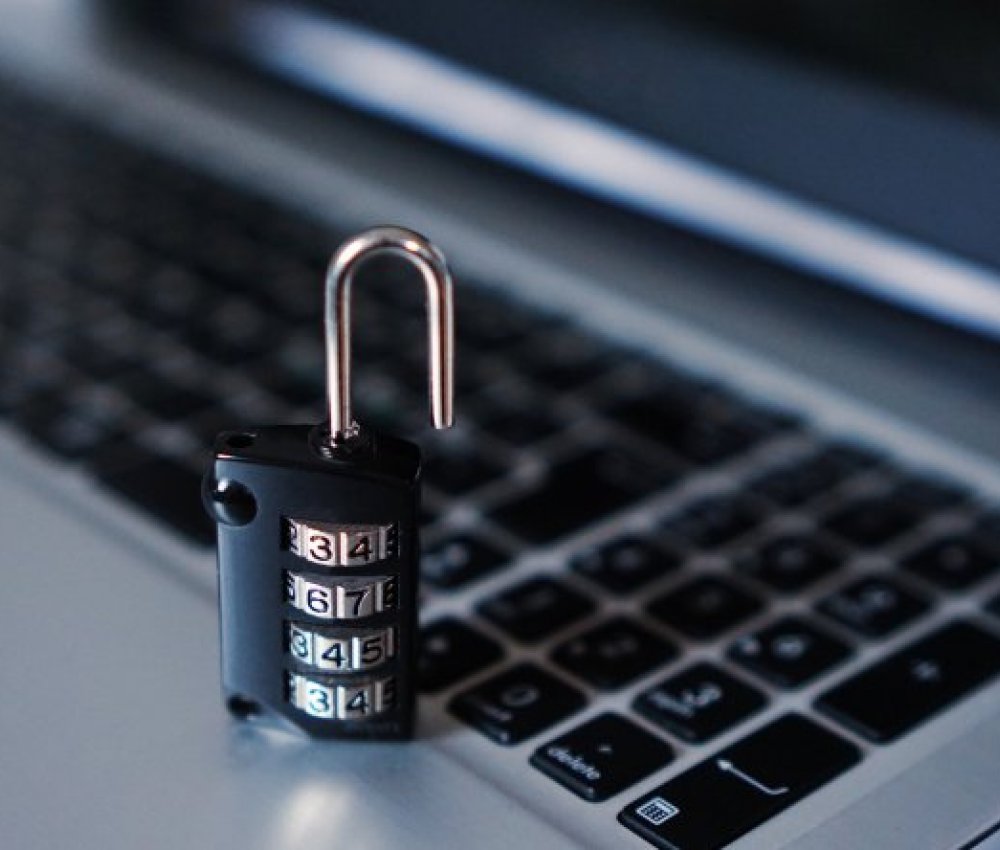As long as the Internet has existed, there has been a need for protocols to maintain data privacy and security. The history of virtual private network (VPN) technology dates back to 1996, when a Microsoft employee developed the peer-to-peer tunneling protocol, or PPTP. Effectively the precursor to modern VPNs, PPTP creates a more secure and private connection between your computer and the Internet.
With the growth of the Internet has come the need for more advanced security systems. Antiviruses and related software could be effective in preventing damage at the end-user level, but what was really needed was to improve the security of the connection itself. That's where VPNs came in.
A VPN is a private connection over the Internet. It's a broad term that covers several different protocols, which will be explained in detail later. What they all have in common is the ability to remotely connect to a private network over a public connection.
BERLIN WEATHERInitially, VPNs were used almost exclusively for business. However, the rapid security breach that occurred in the early 2000s was a pivotal moment in the history of VPN technology. It made everyday internet users realize the real dangers of working online and they started looking for safer ways.
Today, VPNs are used to secure internet connections, prevent malware and hacking, ensure digital privacy, unblock restricted content, and hide the physical location of users. Easier to use and more affordable than ever before, VPNs are an essential tool for online security.
What is the purpose of a VPN?
The purpose of a VPN is to create a private connection between multiple people and devices on the Internet. In effect, it is the Internet within the Internet, securely private and encrypted from prying eyes, malware, hackers, and others who may want to know where you surf or where you surf from.
VPN technology has been around for decades. Originally created for big business, it was never intended for many of the purposes it is used for today. The need at the time was great. Businesses, organizations, governments, and many other companies with sensitive information were at risk of being hacked or otherwise losing data when using open internet connections. They needed to create connections that were much more secure than average so that remote users, satellite offices and field workers could access and use company files without running afoul of their secrets. The solution they obtained is a VPN.
A VPN is like having a local area network, a network where your devices are directly connected to each other without the need for the Internet, except for using the Internet to make calls. In addition to tunneling protocols that create secure connections that hide the source, high-level encryption standards ensure that even if data is lost, it will never be used by anyone who did not intend to have it. The benefits of VPNs for individual internet users became clear from the very beginning, which spawned the modern rush to provide the best VPN technology. Over the years, the development of VPNs has been spurred on by the encroachment of censors around the world and the endless appeal of hackers to break into any device and connection they can.
Censorship and geo-restrictions are one of the many issues plaguing the Internet and driving innovation in VPN technology. The history of censorship varies from case to case, but includes things like blocking social media, incomplete access to online media catalogs (note: Netflix US catalog compared to what's available to the rest of the world), tracking user activity, monitoring emails, or outright denial of internet access. The VPN story has evolved with it, overcoming each problem as it arises and generating demand from the web-surfing community.
If you don't think internet security is an issue, just look at websites like WikiLeaks and whistleblowers like Edward Snowden. They have shown how governments and individuals blatantly disregard international law and personal privacy by spying over the Internet. In most cases, the websites that collect your data do so for innocent purposes, but this is not always the case. Facebook is a notorious collector of personal data, which it makes available in its apps and uses to "improve" the user experience.
The internet makes sharing information and content quick and easy. The problem is that as fast as internet technology is evolving to make efforts to control the flow of media, information and ideas. VPNs can unblock geographically restricted content from the BBC, ABC, Hulu, YouTube, and more while protecting your identity, physical location, and devices. This service is especially valuable in countries with tight control over the World Wide Web and the content their citizens access.
Even today's best technology can be compromised. We know from the Snowden leaks that the NSA has been actively working to undermine commercial encryption, information and network technologies, and IPsec is believed to be on. The work they did made many of the VPNs at the time vulnerable to interception and decryption, which also led to more advanced and secure VPN technology.
For anyone who doesn't want to use a VPN, we recommend proxy gateways that allow you to change the IP address visible on the network(FusionProxy).
The evolution of internet privacy technology
We're familiar with longer buzzwords like frame relay and packet switching, but they're still relevant even today. These terms are the hallmark of remote connectivity technology and have led to today's point-to-point protocols and the creation of VPNs (like AVG VPN). The Internet allows you to connect everything, and within the broader structure of global connectivity are smaller, dedicated networks that provide enhanced security. What they do is simple - a VPN connects remote locations over a public network. Security consists of three layers, tunneling protocol, authentication and encryption. The tunneling protocol creates the connection and then the data is encrypted before being sent to the endpoint for authentication and decryption.
There are three basic types of VPNs: IPsec, SSL, and cellular. IPsec stands for Internet Protocol Security and is the standard type of VPN used to create connections between two networks and individual devices with networks. This traffic is encrypted and authenticated, and because it runs at the IP layer, it is the best general purpose VPN available, providing end-to-end security at all levels of connectivity. The only problem with IPsec is that the implementation can vary from vendor to vendor, causing difficulties when connecting. It is recommended to use a VPN from the same source or have an IT professional on hand.
SSL, Secure Socket Layer, is a form of VPN that most internet users already use and don't even know it. This protocol is used to connect a single user to an online portal such as ecommerce. It creates an encrypted VPN connection to secure transactions and data loss. SSL uses the web browser as an interface, making it easy for small and medium-sized businesses to implement. The downside is the limitations in functionality, which make an IPsec connection more practical for complex applications.
Some key moments in VPN history . . .
For VPN and Internet security to exist, the Internet must first exist, so let's start there. Before the Internet, there were computers and computer networks, but it was the work done on behalf of the Department of Defense that led to the Internet being in use today. Research into an electronic method of communicating with distant places began back in the 1960s by the U.S. military intelligence community. They created a packet switching network called ARPANET (Advanced Research Projects Agency Network) and the first use of TCP/IP. TCP/IP stands for Transfer Control Protocol/Internet Protocol, the two functional units of the first network.
The TCP/IP protocol set the standard for computer networking as we know it today; HTML, hyperlinks, the works. Eventually, this research led to the establishment of the Internet Protocol suite as the standard for military communications, 1982, followed by the adoption of the standard by the commercial computer industry in 1985. Many large corporations, such as IBM and AT&T, quickly adopted the new technology, even though their own internal networks were different, because it made the connectivity of different networks real and easy.
TCP/IP details how all information is packetized, addressed, sent and received over the Internet. It works in 4 layers: link, Internet, transport and application. The link layers are where devices on a single network operate and where they are most secure. The Internet layer is where local networks and devices connect to other websites and the Internet, and where they are most at risk. When data packets are sent from the local network to the destination network, the packet is tagged with information identifying where it originated and where it was destined. The system works well, but has the disadvantage of allowing prying eyes to monitor traffic, intercept data, and even trace the flow of data back to the source and identify it.
IP Address - An IP address is a 32-bit number assigned to all devices connected to the Internet using the Internet Protocol Suite. It serves two important purposes, but can be abused by hackers and malware. These are identification and addressing. This number identifies you to other networks, which use it to address data packets so that the router can send them to the right places. The 32-bit system is known as IPv4 (Internet Protocol Version 4), but IPv6 is already up and running. The reason there are two systems is that the first system, IPv4, has a limited number of possible addresses and runs out quickly.
IP Packet - A set of data to be sent over the Internet, known as a payload. It contains address headers and other identifying tags, as well as payload, and is compromised when sent over the Internet. The Internet Assigned Numbers Authority is responsible for IP addresses and allocates them in blocks to Internet Service Providers (ISPs) and others who need them.

Of course, at this point, the need for network and Internet security was obvious. Security technology was first explored in 1993 by John Ioannidis and his contemporaries at think tanks such as Columbia University and AT&T Bell Labs. His work led to the Software IP Encryption Protocol, also known as SWIPE, the earliest form of VPN. It was an experimental effort to provide confidentiality, integrity and authentication for network users.
If you are also interested in proxy gateways take a peek here, and we continue with the history of vpn.
Wei Xu started his own research in 1994, focusing on IP security and improved IP protocols, which eventually led to the development of IPsec. IPsec is a suite of internet security protocols that authenticates and encrypts every packet of information shared on the internet. As technology progressed, faster connection speeds were achieved. IPSec and faster connection, along with the development of plug-and-play features, is what made VPN commercially available.
At the same time IPsec was created at the NAVAL Research Library, under a grant from DARPA, created Encapsulating Security Protocol. This is a security extension for SIPP later adapted to more advanced systems and another significant breakthrough in Internet security and VPN technology. Encapsulating Security Payload, ESP, provides authenticity, integrity and confidentiality protection for data packets. It supports encryption-only or authentication-only configurations, but they are less secure than both. This protocol is similar to but different from authentication headers and provides a second layer of security for Internet connections.
In 1995, the IPsec working group was formed within the IETF. The IETF, Internet Engineering Task Force, is a global community of Internet engineers, programmers, vendors, and other interested parties concerned with the evolution of the Internet and its smooth operation. This task force has worked for years to create a standardized set of freely available and proven protocols that address IPsec components, extensions, and implementations.
The IPsec protocol uses three sub-protocols for implementation: Authentication Headers, Encapsulating Security Payloads, and Security Associations.
Authentication Headers provide connectionless data integrity and authentication of IP packets, as well as protection against certain types of network attacks. Authentication is important because it ensures that the data packets you send and receive are the ones you want, and not malware or other potentially harmful attacks. There are several versions with varying degrees of protection at different levels. In all cases, IP Packet Payload, your data/content, etc. are protected.
Encapsulating Security Payload ensures the confidentiality of these packets as well as the integrity of the data origin, security against attacks and some protection for the traffic flow. When used in tunnel mode, it provides security for the entire IP packet.
Security Associations are the algorithms and data that allow AH and ESP to function. Essentially, data is encrypted in packets at the source and then sent anonymously over the Internet to be received, authenticated and decrypted at the destination. Associations are created based on the Internet Security Association And Key Management Program (ISKAMP) using a series of numbers. When used within a group, association keys can be modified for individual security levels within the group.
Two modes of operation are available: Transport Mode and Tunnel Mode. In Transport Mode, only the IP payload is typically encrypted, securing the data but leaving the origin information visible. In Tunnel Mode, the entire IP packet is encrypted and encapsulated, receives a new authentication header, and then sent forward. Tunnel Mode is the technology that drives today's VPN.
A tunneling protocol, Tunnel Modes allows VPNs to function the way they do. Among other things, it allows a user to remotely connect to a network with an IP address that is not part of the local network. Tunneling works by changing the form of the data, i.e. encryption and encapsulation, which provides a third and much sought-after benefit: anonymity and privacy. The way it works is a bit complicated, the packets containing the information that trigger the encryption and delivery service are stored within the payload of the original message, but they operate at a higher level than the payload itself, creating a shield formed from within and safe from outside influence. The best services encrypt the entire packet, ID tag and all, then re-encapsulate it with a new IP address and ID tag for complete privacy.
VPN protocols | VPN security | Le VPN | secure VPN
The future of VPNs is bright
The earliest VPN did the simple job it was originally intended for, allowing remote access to your home network, but it opened up a world of possibilities both good and bad. The earliest versions, while intended to provide safety and security, were often vulnerable to attacks that blocked or intercepted data flow. They were also very slow at transferring data, so they were not as useful in real-time situations as they are today. Later versions improved on the original ideas, combining and developing technologies along the way. Today's modern VPNs are a versatile, adaptable and desirable tool for Internet users at all levels of the spectrum.
Benefits to the individual include secure connection to the Internet and websites, privacy/anonymity and security/integrity of data, personal information, business network, etc. Benefits to the business include a seamless, secure home network connection between branch offices, remote users and customers using the Internet.
The need for a VPN is obvious. The internet is not a secure place, it is in many ways a wild west of networks, devices, good users and bad users. Connections are at risk of being hacked, websites can download malware, personal information is hunted, and the flow of information is difficult. Even in places where the Internet is relatively secure, you encounter restrictive activity that blocks the free flow of information, from global news to the most popular American and British TV shows.
This means that VPNs are as important to Internet security and usage as ever, and that more people should be using them. The creation of VPNs will continue to advance with the internet, and as its benefits become more widely known, so will its use. If you are not already using a VPN there is no reason not to and every reason why you should, why wait, get Le VPN now.















Comments (0)